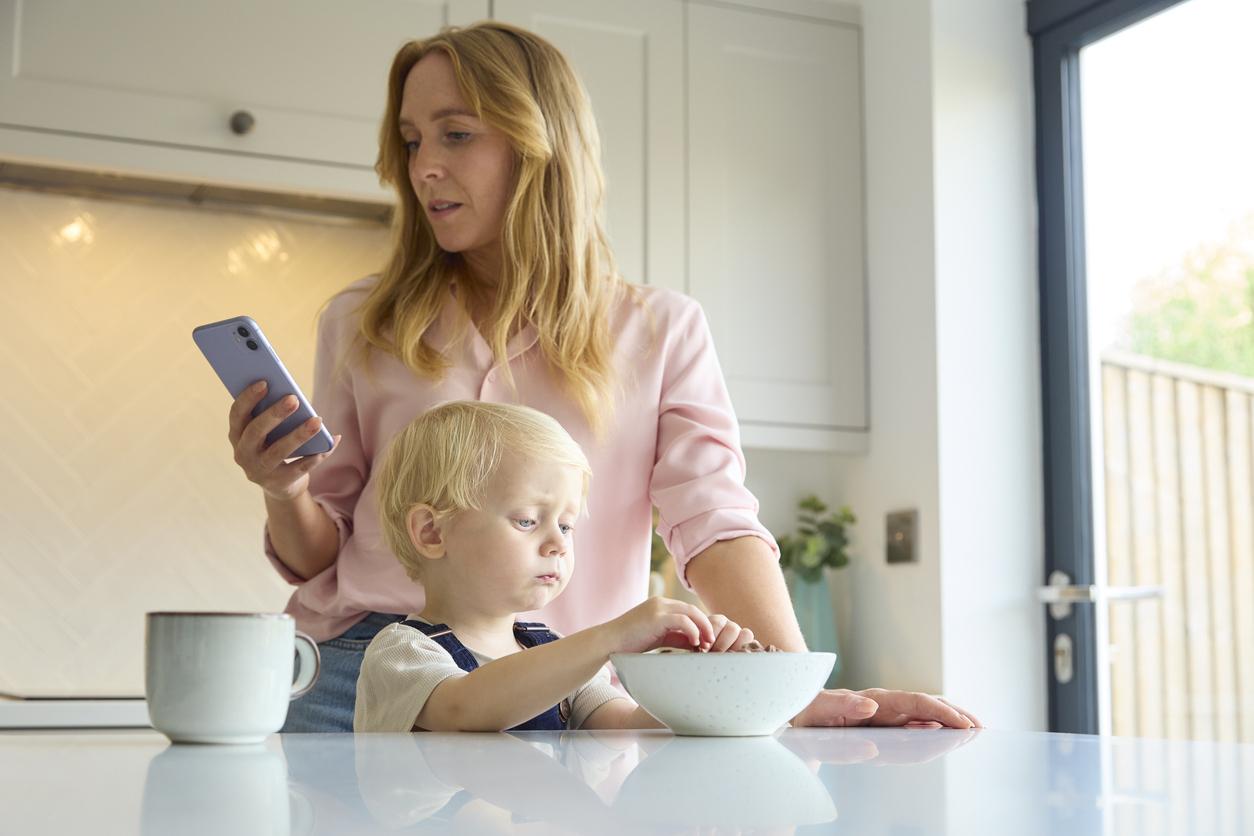While laughter is good for your mind and body, it is also a good parenting tool.

- In one study, 55.2% of participants reported being raised by parents who used humor in their education.
- Among them, 50.5% indicated that they had a good relationship with their parents and 44.2% felt that their parents had done a good job with their education.
- However, among adults who did not benefit from parental humor, 2.9% reported having a good relationship with their parents and 3.6% considered that they were educated in a positive way.
“Humor can teach people cognitive flexibility, relieve stress, and promote creative problem solving and resilience,” said Benjamin Leviprofessor of pediatrics and human sciences at Penn State College of Medicine (USA). Although aspects of humor and play have been studied in various contexts and in child development, the use of humor in parenting has been the subject of very few formal cohorts. That’s why the researcher and his team decided to conduct a study to examine how people perceive the relationship between humor, their experience of being a parent, and child rearing.
Education: 50.5% of adults raised by parents who use humor have a good relationship with them
As part of their research, the authors surveyed 312 people aged 18 to 45. They developed a 10-item questionnaire to measure people’s experiences of being raised with humor and their opinions about humor as a parenting tool. Responses were categorized as “disagree,” “undetermined,” and “agree,” and analyzed using standard statistical methods. According to the data, published in the journal Plos Onemore than half of the participants (55.2%) reported being raised by people who had and used humor and 71.8% felt that humor can be an effective parenting tool. The majority of them reported that they used or planned to use humor with their children and believed that it had more potential benefits than risks.
The team also found a link between parents’ use of humor and how their adult children perceived their parenting and their relationship with their parents. Of the volunteers who said their parents used humor, 50.5% said they had a good relationship with them and 44.2% said they felt their parents did a good job raising them. In contrast, of those who said their parents did not use humor, only 2.9% said they had a good relationship with their parents and 3.6% felt they were raised in a positive way.
Mood, “an effective parental tool for dissipating tensions”
Now, the scientists want to expand this preliminary study and plan to interview a larger and more diverse sample of parents as well as conduct qualitative research based on parents’ experiences with humor. “I hope people can learn to use humor as an effective parenting tool, not only to diffuse tensions, but also to develop their resilience and cognitive and emotional flexibility and model it for their children,” concluded Benjamin Levi.

















